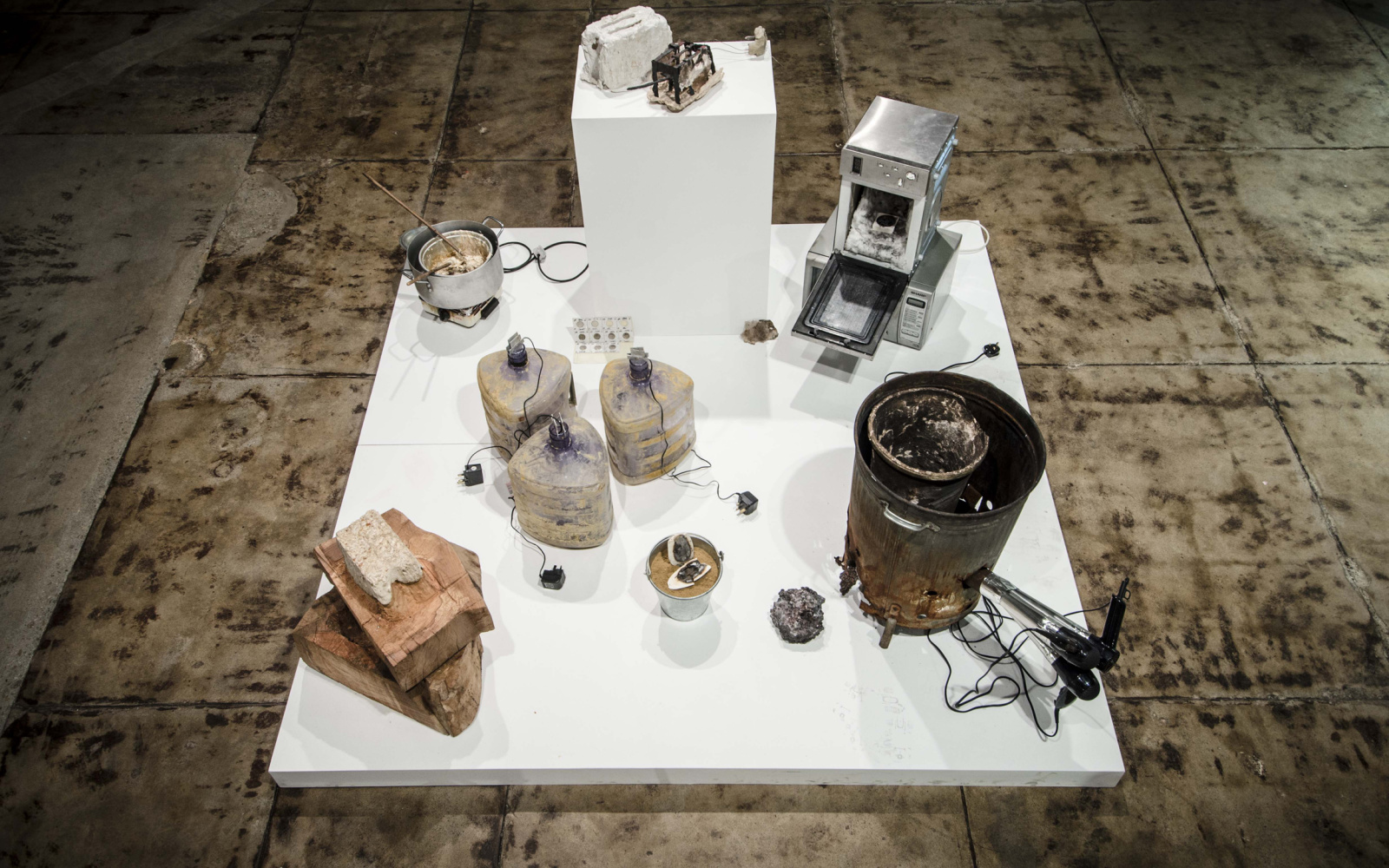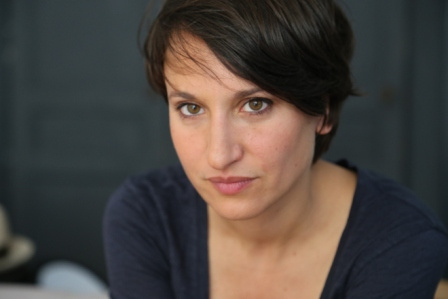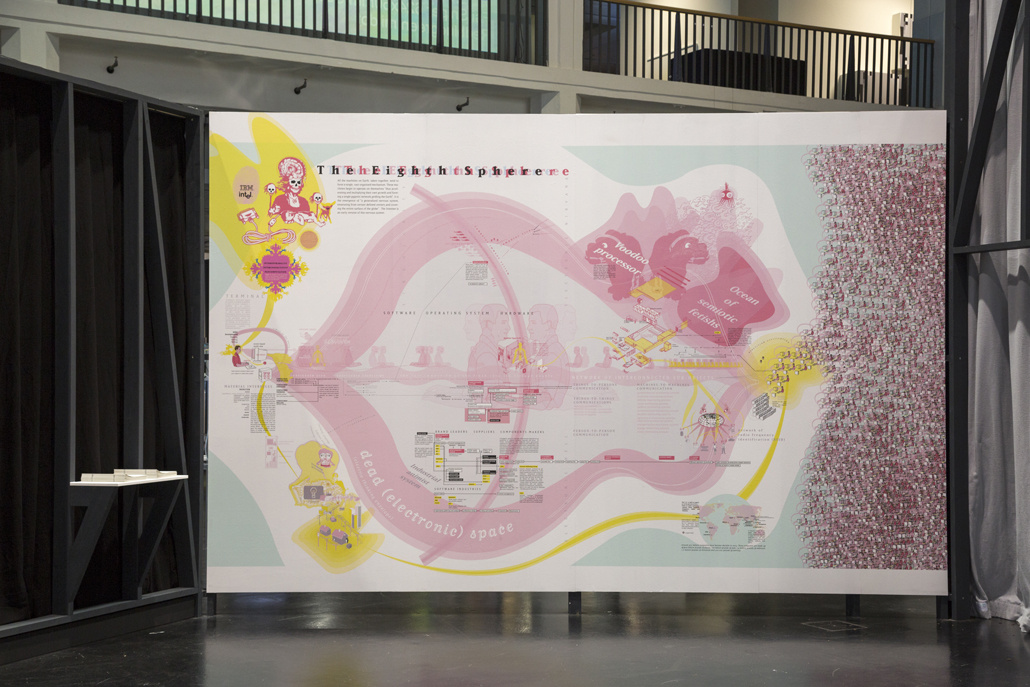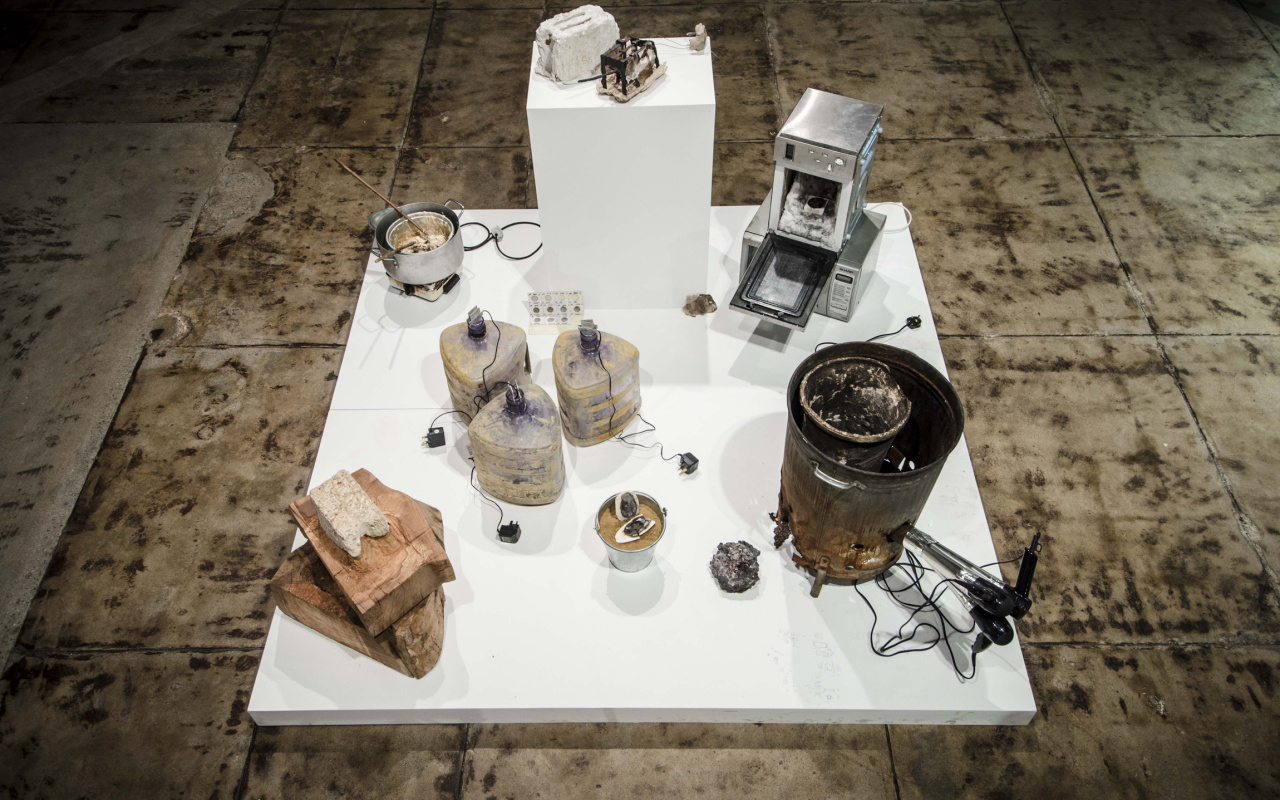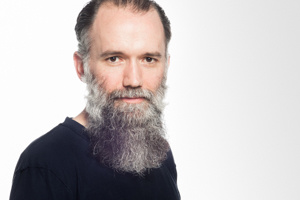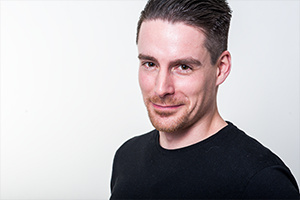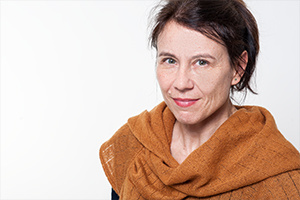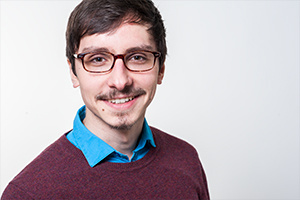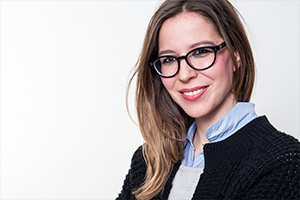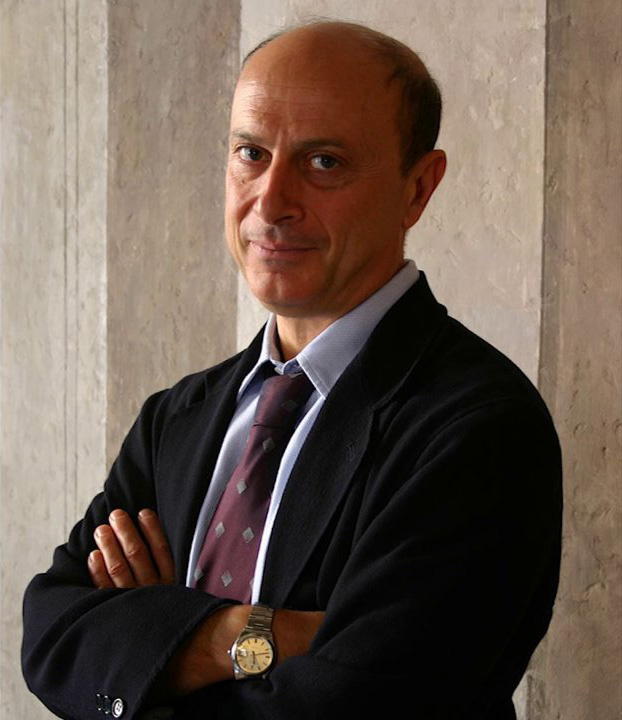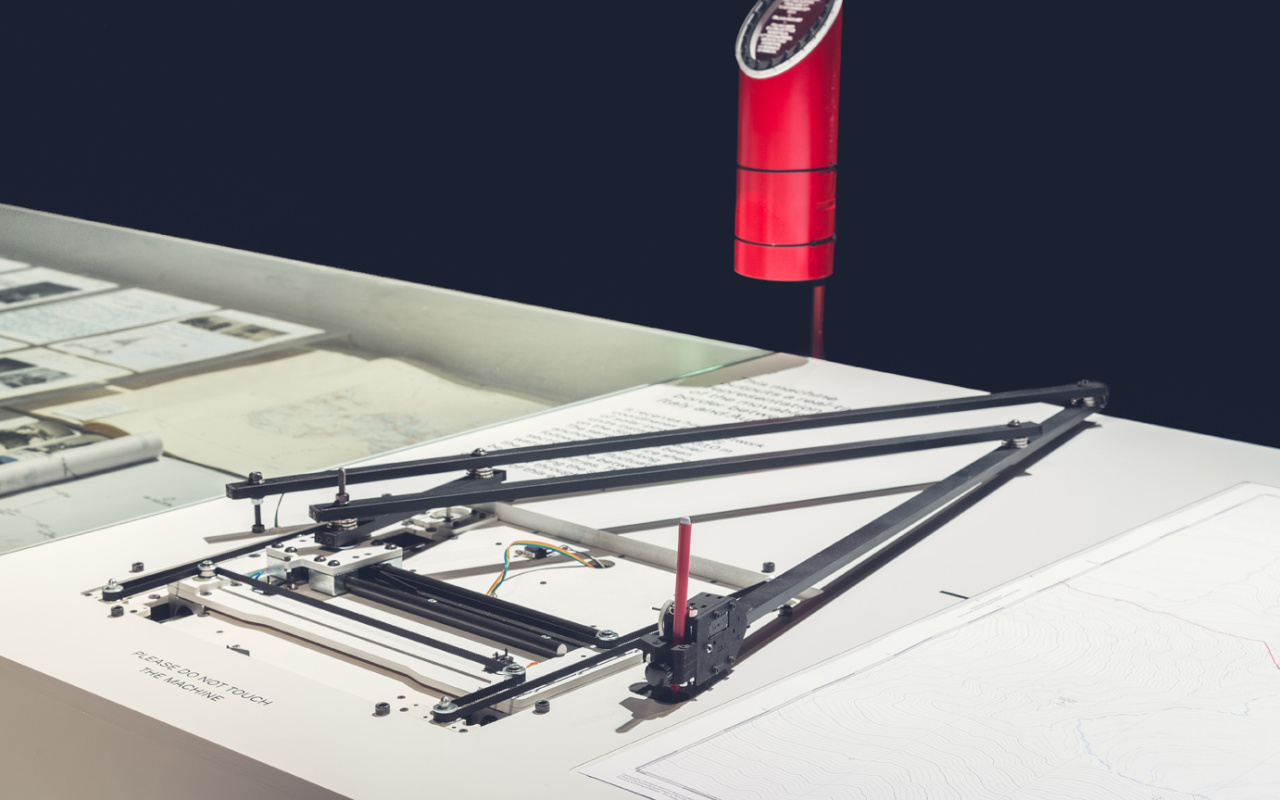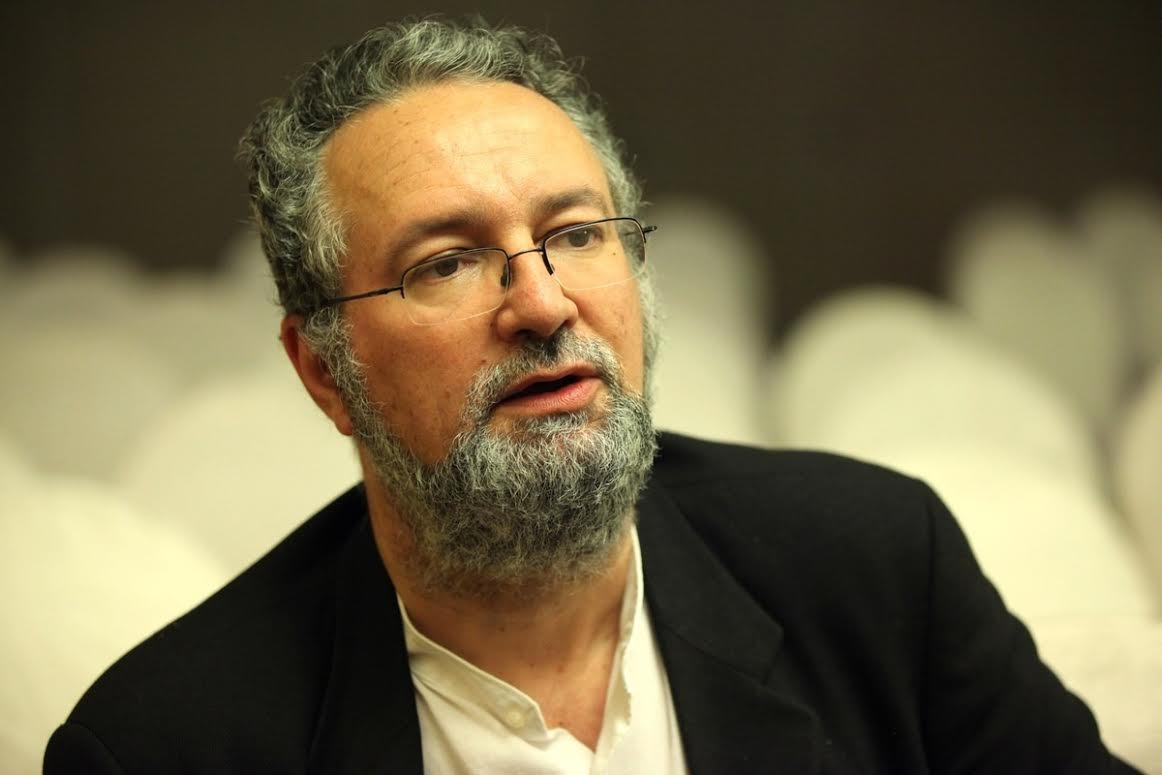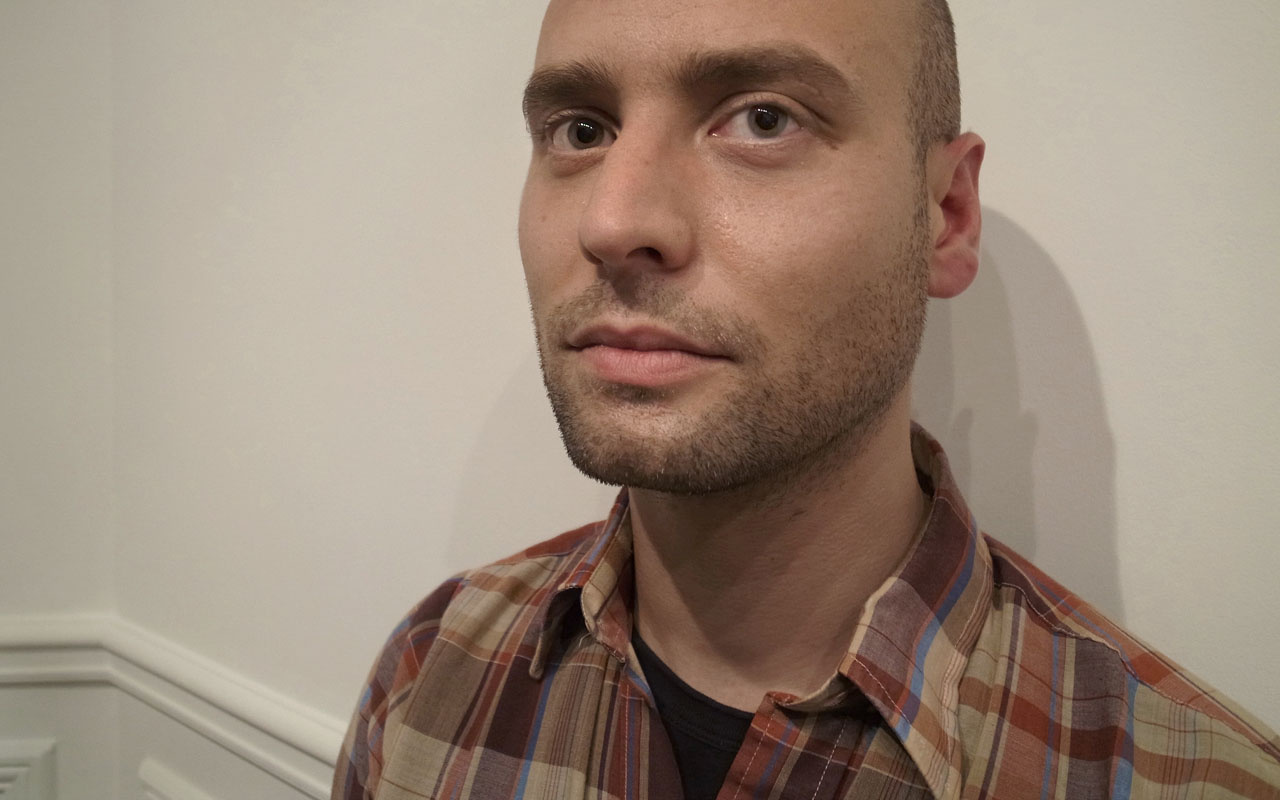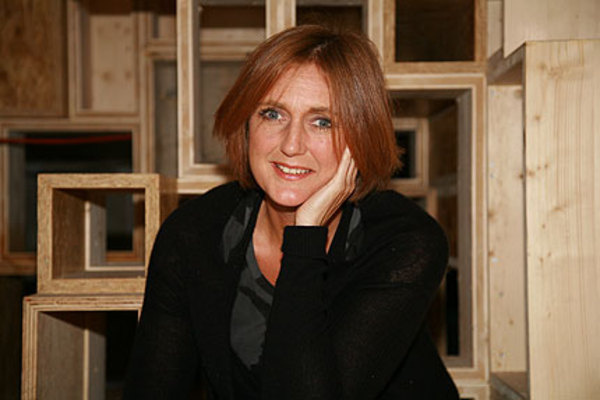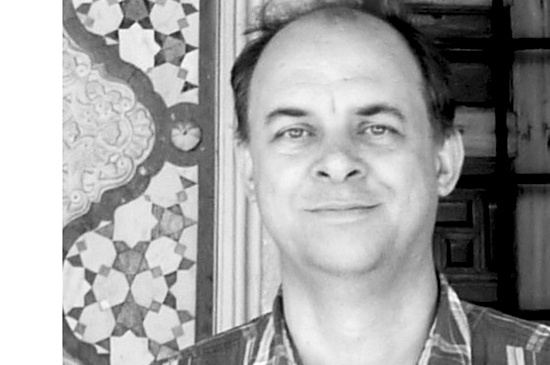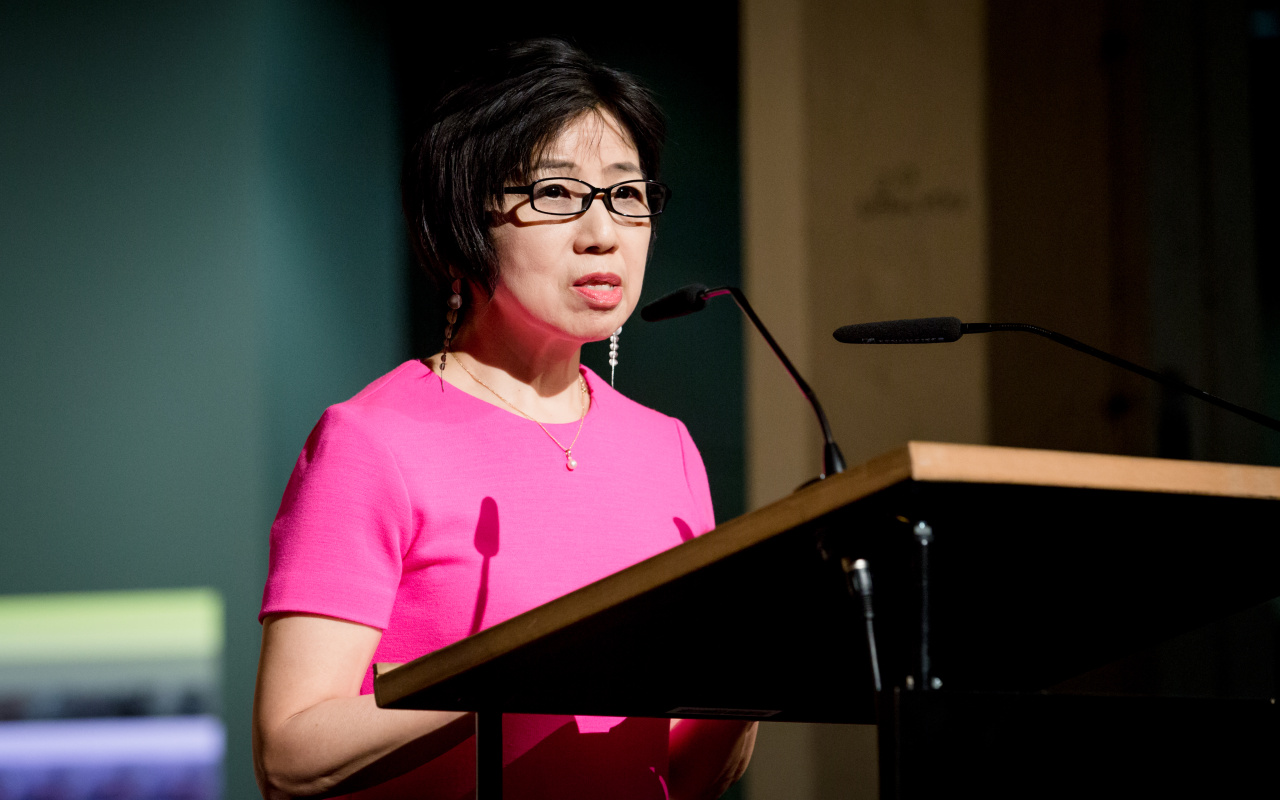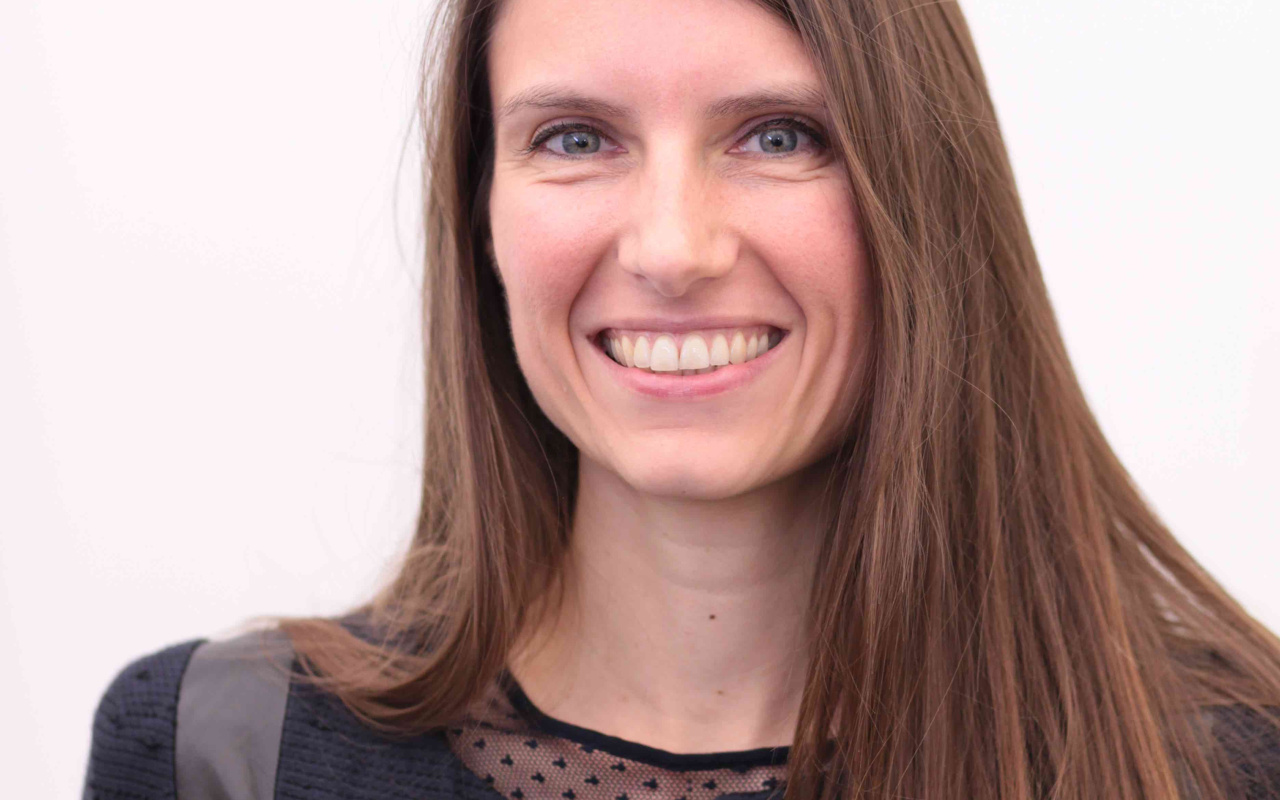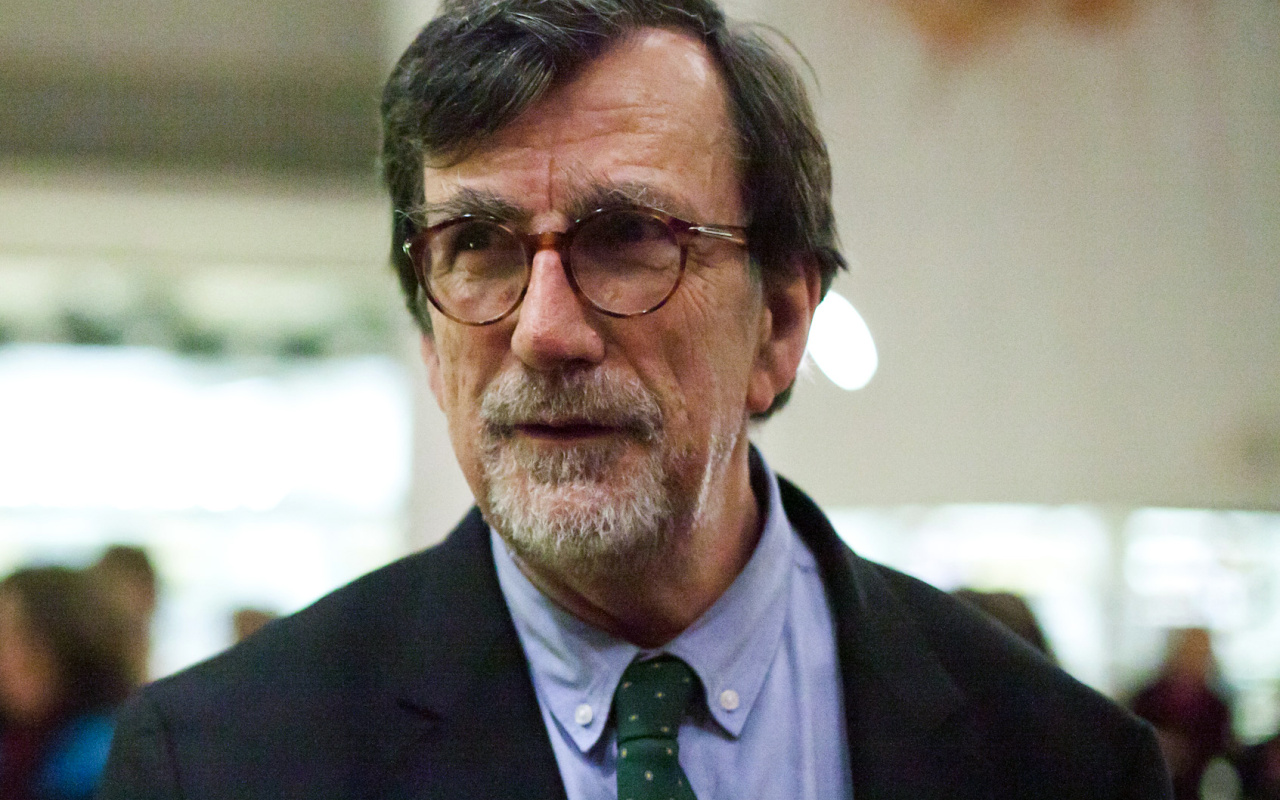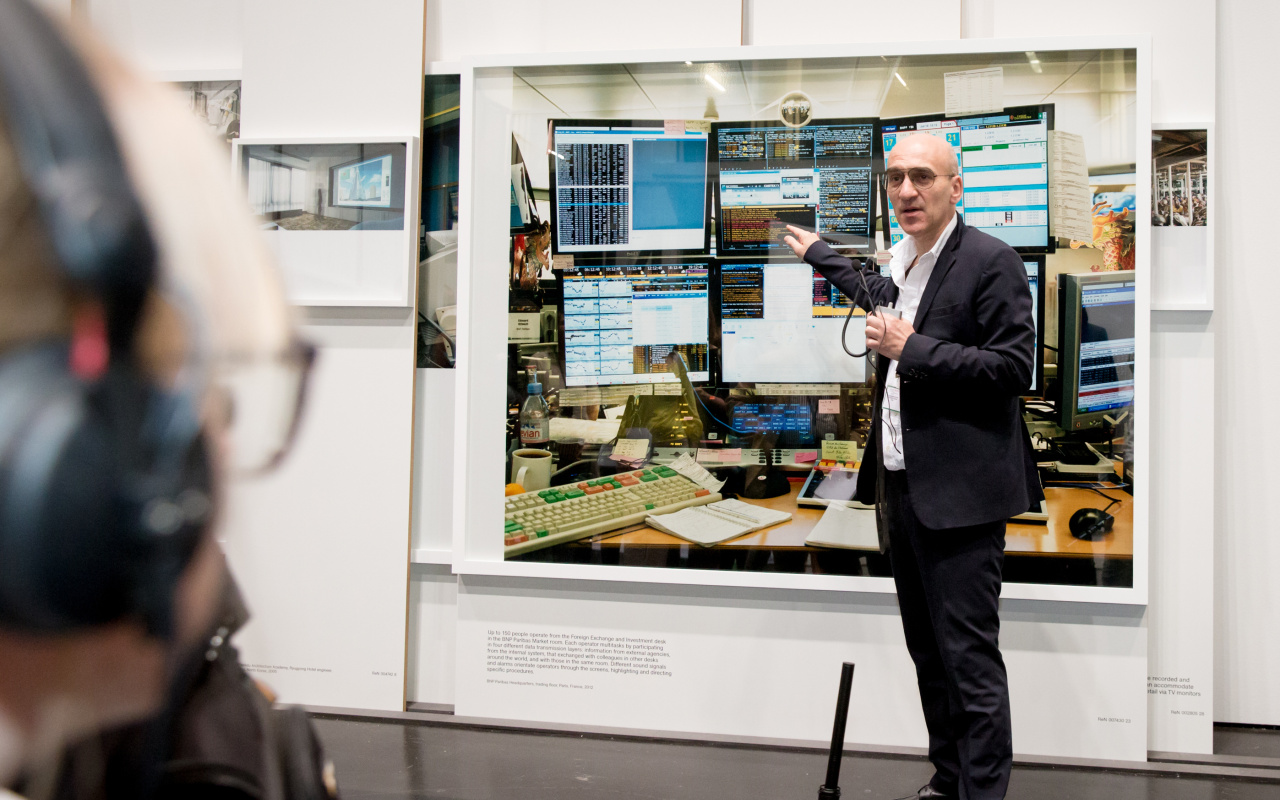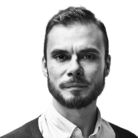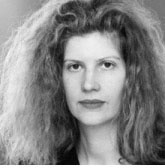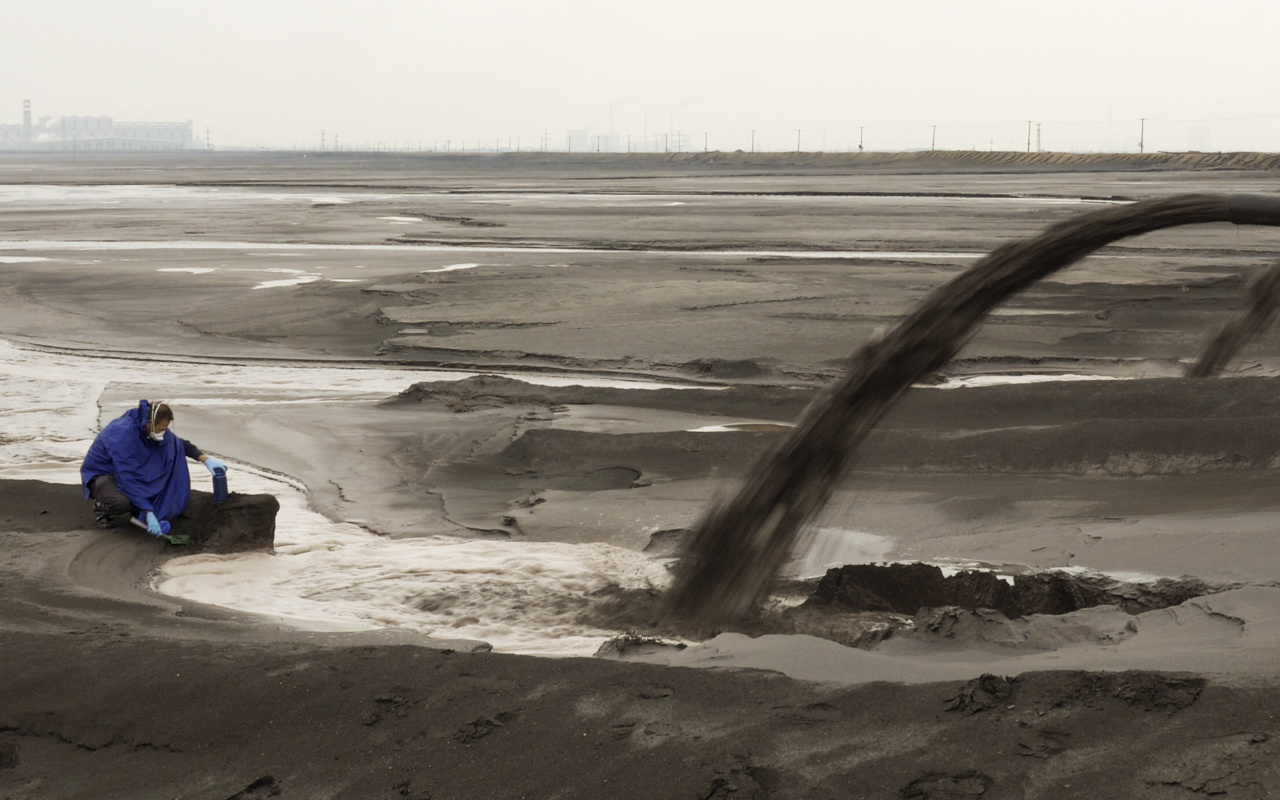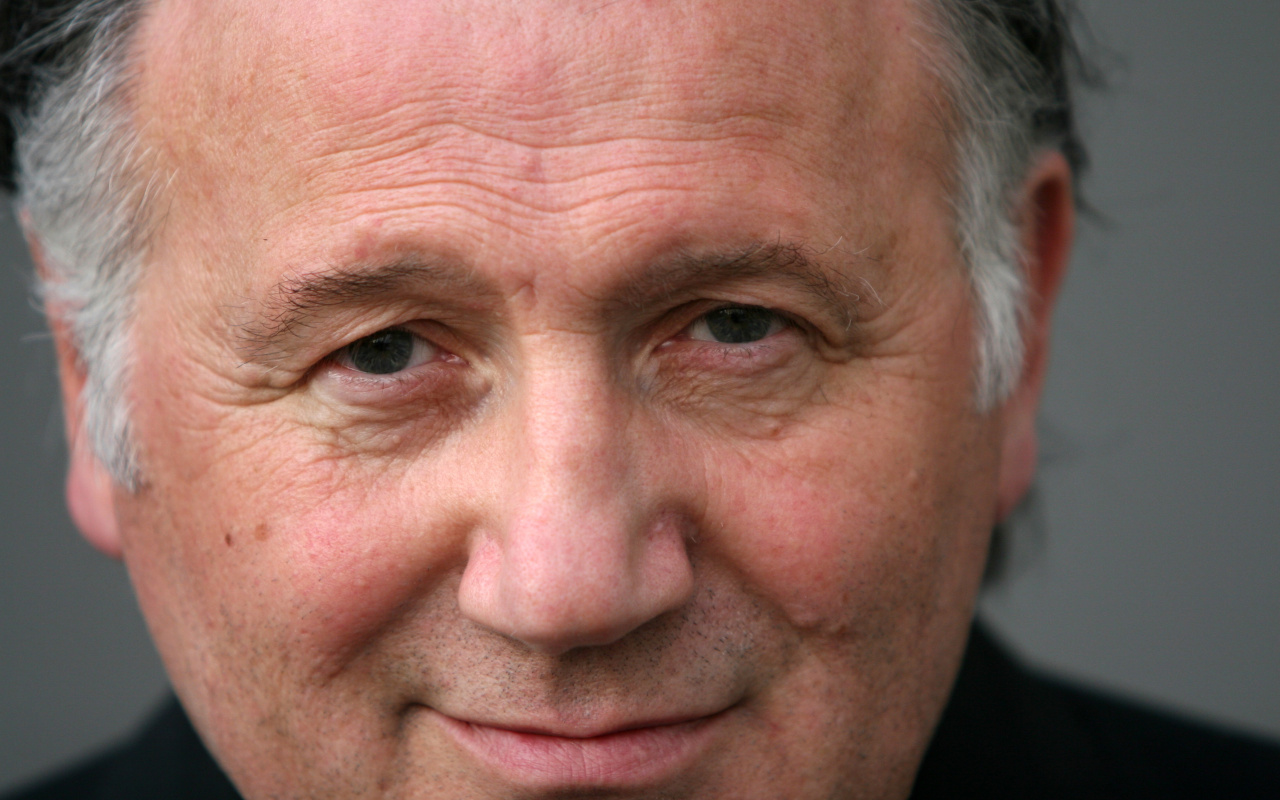Participants
Frédérique Aït-Touati
(born 1977, Paris, FR) is a stage director and a historian (CNRS/EHESS). Before moving to the CNRS, she taught for several years at the University of Oxford as a Fellow in French Literature. The main focus of her research is the relationship between fiction and knowledge, from historical as well as contemporary points of view. She has directed plays and performances, including »Gaïa Global Circus«, a collaboration with Bruno Latour currently on tour around the world, and »The Theatre of Negotiations / Make it Work« (Théâtre des Amandiers), a simulation of an international conference on climate change. Her work has been shown at NA! Fund Academy (dOCUMENTA 13, Kassel), The Kitchen (New York), Comédie de Reims, Théâtre Dijon Bourgogne, and ZKM (Karlsruhe).
Since 2014, she runs with Bruno Latour the experimental program in arts and politics, SPEAP. She is the author of »Fictions of the Cosmos: Science and Literature in the Seventeenth Century« (Chicago, 2011). Her current book project, entitled »Performing Knowledge«, explores the relationship between cultures of performance and cultures of knowledge from the early modern to the contemporary period.
She will take part in the Workshop and Exchange Sessions program on April 15, and hold a talk on April 16 as part of the panel »Reset versus Revolution« (2–3:30 pm, Cube).
Bureau d'Études,
is the Paris-based artist duo Léonore Bonaccini and Xavier Fourt. Over the last several years, the French artists have produced cartographies of contemporary political, social, and economic systems. The visual analysis of transnational capitalism is based on extensive research and is usually presented in the form of large format murals. »World Government«, a chart produced in 2013, visualizes the mutual involvements and dependencies of global conglomerates and power structures. Revealing what normally remains invisible and contextualizing apparently separate elements within the bigger picture, these visualizations of interests and collaborations re-symbolize the unseen and the hidden.
Bureau d'´Etudes is currently participating in a rural collective project, getting out from property. Their work entitled »Die Eroberung des Hohen Nordens« [The conquest of the North] is exhibited in »Reset Modernity!«.
The artists will contribute to the Workshop and Exchange Sessions of the symposium on April 15.
Critical Media Lab (CML)
The Critical Media Lab (CML) is an integral part of the Institute of Experimental Design and Media Cultures (IXDM) at the Academy of Art and Design FHNW in Basel. It is a place of continuous questioning and criticism. In a period when we are realizing that the former new media have not lived up to their oftentimes promising radical power, the CML is a place where the potentials and limitations of old and new media are used to serve critical questioning and experimental thinking. The CML combines praxis-led research methodologies with profound theoretical and historical reflection. Central to these investigations is the use and reflection through design and media, and the investigation of not just the surface, but also the infrastructures of media and technologies.
The CML was commissioned to do the design research and concept development for the exhibition scenography. In close collaboration with the research team of AIME the CML team developed conceptual and material metaphors that remodel the theoretical gesture of the inquiry into a spatial experience for exhibition visitors.
Jamie Allen, Johannes Bruder, Flavia Caviezel, Moritz Greiner-Petter, and Claudia Mareis will represent the CML in the Workshop and Exchange Sessions program on April 15.
Jamie Allen
(born 1976 in Windsor, CA) is an artist and researcher whose interests lie in the ways that experimental technologies teach us about who we are as individuals, cultures and societies. He is a senior researcher at the Institute of Experimental Design and Media Cultures’ Critical Media Lab. He has worked in electronics engineering, as a polymer chemist, and as an interactive systems designer for the American Museum of Natural History. His projects in media, electronics, performance, installation, and online are regularly exhibited internationally. His reflexive writings on creative practice, media, and communications center on the historically and infrastructurally situated condition of these pursuits.
Johannes Bruder
(born 1983 in Rothenburg o.d.T., DE) is a postdoctoral researcher at the Institute of Experimental Design and Media Cultures and the Critical Media Lab at the Academy of Art and Design FHNW. His research targets infrastructures and technologies that support epistemologies and empiricisms in art, design, science, and their (sub)cultural distortions. He is determined to find alternative modes of being faithful to experience in observing, sensing, representing, and exhibiting. Former affiliations include the Graduate School of Social Sciences at the University of Lucerne, eikones at the University of Basel, and the Department of Social Science, Health, and Medicine at King’s College, London.
Flavia Caviezel
(born 1964 in Chur, CH) completed her studies of cultural anthropology (specializing in visual anthropology), film, and constitutional law at the universities of Bern and Zurich, and video formation at the School of Art Bern. She worked for many years as a researcher and lecturer at Zurich University of the Arts and since 2007 at the Academy of Art and Design FHNW Basel, as well as other universities. Her current research project Times of Waste looks at purification, treatment, and reuse or disposal, respectively, of objects and (waste) materials as well as at the actants and fields of activity involved. Since 1991 she exhibits her documentary and essayistic video works at international festivals and exhibitions. She has held residencies and conducted research in Australia, China, Laos, Mali, USA, and various countries in central and southern Europe. Her research topics and themes of interest include border areas, transitory and public spaces, political ecology, research methodology, and interactive presentation formats.
Moritz Greiner-Petter
(born 1986 in Berlin, DE) is a designer and junior researcher at the Institute of Experimental Design and Media Cultures and the Critical Media Lab at the Academy of Art and Design FHNW. He studied Visual Communication at the Berlin University of the Arts with a focus on visual systems and digital media. As a designer he worked for the Fraunhofer Society on interdisciplinary projects about participatory technology foresight. He is currently working on a doctoral thesis connected with the research project Critical Artifacts as a PhD candidate at the Department of Cultural Studies at the Humboldt University of Berlin. As a researcher and practitioner he is interested in exploring the aesthetics and epistemes of information technologies through design practice.
Claudia Mareis
(born 1974 in Zermatt, CH) is a designer and cultural studies scholar who specializes in design studies and design research. Since 2013 she is Director of the Institute of Experimental Design and Media Culture and the founder of the Critical Media Lab at the Academy of Art and Design FHNW, Basel. She is an associated member of the National Centre of Competence in Research of Iconic Criticism at the University of Basel and of the Cluster of Excellence »Image Knowledge Gestaltung« at the Humboldt University of Berlin. Her research interests include design and media theory, design methodology and epistemology, knowledge design and experimental media and design practices. Her current research project deals with the history and practice of creativity and ideation techniques in the short twentieth century.
Franco Farinelli
(born 1948, Ortona, IT) is a geographer. He is head of the Department of Philosophy and Communication Studies at the University of Bologna and president of the Association of Italian Geographers. He has held visiting positions at the universities of Geneva, UCLA, Berkeley, and in Paris at the Sorbonne.
Farinelli's talk, which he will hold on April 16 as part of the panel »Reset versus Revolution« (2–3:30 pm, Cube) is entitled »The Map and the Globe: the End of Modernity and the Nature of Globalization«.
Folder
With their ongoing research project and interactive installation »Italien Limes« Folder explores the most remote Alpine regions, where borders drift with glaciers. It focuses on the effects of climate change, the shrinkage of glaciers and the consequent shifts of the watershed that defines the national territories of Italy, Austria, Switzerland, and France. Investigating the fragile balance of the Alpine ecosystem, »Italian Limes« shows how natural frontiers are subject to the complexity of continuous ecological processes and their political enactment, depending on the technologies and norms that are used to represent them. The project explores the condition of post-Schengen Europe, where borders are supposed to fade away, but at the same time are claimed by governments as the ultimate defence of the nation state. Originally commissioned for the 14th International Architecture Exhibition of the Biennale di Venezia, the installation developed in 2016 for ZKM is the result of a joint scientific campaign with the Italian Glaciological Committee.
Jean-Michel Frodon
(born 1953, Paris, FR), who worked previously as an educator and a photographer, became a journalist and film critic for the weekly news magazine Le Point in 1983. He took over the same functions at the daily newspaper Le Monde in 1990, and from 1995 he was responsible for the daily film column. In 2003 he became editorial director of Cahiers du cinéma. He has taught at the Pantheon-Sorbonne University and École Normale Supérieure, and currently teaches at Sciences Po Paris and St Andrews University, Scotland. He founded the think tank L'Exception. He is the author and editor of 25 books on French cinema, Chinese cinema, film theory, film history, cinema, technology, and politics.
Jean-Michel Frodon exhibits a 16-channel video installation, a compilation of excerpts from films where religion and politics interfere. He will participate in the Workshop and Exchange Sessions program on April 15.
Fabien Giraud
(born 1980) currently lives and works in Paris. Since 2007 he has collaborated extensively with the artist and filmmaker Raphael Siboni with whom he has exhibited internationally (Palais de Tokyo in 2008, Musée d’Art Moderne de la Ville de Paris in 2009, Santa Fe Biennial in 2008, Moscow Biennial in 2009, Sharjah Art Foundation in 2013, Biennale de Lyon in 2015 ). Since 2014, Giraud and Siboni‘s new and ongoing series of works entitled »The Unmanned« has been presented in a series of solo shows.
In 2011 Giraud co-founded the series of seminars and workshops entitled »The Matter of Contradiction« which addresses questions concerning the proposed geological and ecosystems epoch of the Anthropocene and the consequences for art theory. His work »Every Monument Is a Quarantine« (Minamisōma – Fukushima District – Japan) is on show at the exhibition »Reset Modernity!«.
Giraud will participate in the Workshop and Exchange Sessions program on April 15.
Sylvain Gouraud
(born 1979, Paris, FR) studied photography at the École des Arts Décoratifs in Paris. In 2011 he participated in the first year of the Sciences Po École des Arts Politiques created by Bruno Latour and Valérie Pihet. He elaborates a practice based on inquiry at the intersection of artistic practices and social sciences using photography as his main tool. To construct an accurate representation of complex issues with the participants concerned, he immerses himself in different environments such as refugees around the Gare de l'Est in Paris in 2005, a psychiatric hospital in Lyon in 2009, the prison of Fleury Merogis in 2011, a school in Saint Denis in 2014. For each occasion he invents a new way of using photography in order to do justice to the malleability of the medium and its heterogeneous way of reflecting reality. His work has impacted both museums and civil society.
He will participate in the Workshop and Exchange Sessions program on April 15.
Francesca von Habsburg
(born in Lausanne, CH) is a philanthropist, and chairwoman of Thyssen-Bornemisza Art Contemporary, Vienna that she founded in 2002. The foundation commissions and disseminates unconventional projects that defy traditional disciplinary categorizations and that actively participate in the interpretation of our environments, our social spaces, with the goal of creating a provocative space of dialogue and engagement in Vienna, feeding into the debate about collecting, exhibiting, and promoting contemporary art. She received the Merit Award in Gold of the Province of Vienna in November 2009 for her cultural engagement. Thyssen-Bornemisza Art Contemporary the Academy marks von Habsburg’s first active incursion into environmental philanthropy. The aim of TBA21 »The Current« is to facilitate projects and dialog between artists and scientists. Its objective is to raise important ecological, economic, and social issues by commissioning hybrid expeditions that address these concerns.
Francesca von Habsburg will introduce the activities of TBA on April 16 in the panel »Which Aesthetic for the Gaïa Hypothesis?« (11 am–12:30 pm, Cube). She will participate in the Round Table Discussion (4–5:30 pm, Cube).
Graham Harman
(born 1968, Iowa, US) is Distinguished University Professor at the American University in Cairo. His work on the metaphysics of objects led to the development of object-oriented ontology, and he is a central figure in the speculative realism trend in contemporary philosophy. He is the 2009 winner of the AUC Excellence in Research and Creative Endeavors Award, and a frequent international lecturer. Harman is the author of numerous publications, most recently »Bruno Latour: Reassembling the Political« (2014), »Bells and Whistles: More Speculative Realism« (2013), and »Weird Realism: Lovecraft and Philosophy« (2012). He is the editor of the »Speculative Realism« book series at Edinburgh University Press, and (with Bruno Latour) co-editor of the »New Metaphysics« book series at Open Humanities Press.
Graham Harman's talk which he will hold on April 16 as part of the panel »Which Aesthetic for the Gaïa Hypothesis?« (11 am–12:30 pm, ZKM_Cube) is entitled »[ATT] [ORG] [MOR]: Economics Decomposed«. “In its book form, AIME is composed of five triads of modes, four of them organized according to their various relations with 'quasi-subjects‘ and ‘quasi-objects.‘ Only one of these triads —attachment, organization, and morality— emerges from the deliberate decomposition of an existing discipline: economics. This lecture will examine how [ATT], [ORG], and [MOR] emerge from the inherent defects of economics as the paradigmatic modern discipline, and will ask in particular about whether the privileged status of [MOR] in the AIME project leads to a new turn in Bruno Latour’s philosophy.” (GH) He will also participate in the Round Table Discussion (4–5:30 pm, Cube).
Yuko Hasegawa
is Chief Curator of the Museum of Contemporary Art, Tokyo since 2006 and a professor at the Graduate School of Global Arts, Tokyo University of the Arts. She was Chief Curator and Founding Artistic Director (1999–2006) of the 21st Century Museum of Contemporary Art, Kanazawa. Her responsibilities included architectural design, collections, and programs. She was a member of the Asian Art Advisory Board at the Solomon R. Guggenheim Museum, New York (2008–2012). Hasegawa has curated numerous international exhibitions, for example, she was co-curator of the 29th São Paulo Biennale (2010), curator of the 11th Sharjah Biennial (2013), co-curator of the Second Beijing Photo Biennial (2015), and artistic director of the 7th International Istanbul Biennial (2001). She curated the exhibition »New Sensorium« that is on view at ZKM from March 5 till September 4, 2016.
On April 15, she will converse with Bruno Latour, which can be understood as a dialogue between »Reset Modernity!« and »New Sensorium« (5–6 pm, Atrium 1+2). On April 16, she will participate in the Round Table Discussion (4–5:30 pm, Cube).
Hélène Guenin
(born 1977 in Dijon, FR) has just been appointed director of MAMAC, the Modern and Contemporary Art Museum of Nice. From 2008 to 2016 she worked as Chief Curator at the Centre Pompidou-Metz. She has curated and co-curated numerous exhibitions. Recently she was involved in the exhibition project »An Imagined Museum« in collaboration with Tate Liverpool and MMK Museum of Modern Art Frankfurt, and curated the current show »Sublime. The Tremors of the World« at Centre Pompidou-Metz (till Sept 5, 2016).
In her talk on April 16, in the panel »Which Aesthetic for the Gaïa Hypothesis?« (11 am–12:30 pm, Cube) entitled »Tremors of the World«, she will address the aesthetic notion of the sublime seen from the perspective of the major transformations of the last decades. Sharing the results of her research for the show, she will focus particularly on the resurgence, since the 1960s, in the art scene of a rekindled bond with nature: the aspiration of achieving re-enchantment, a quest for fusion, the revival of a more contemplative iconography of the sublime. She will also participate in the Round Table Discussion (4–5:30 pm, Cube)
Ronald Kolb
(born 1978, Arad, RO) studied visual communication and holds an MA degree from Merz Akademie Stuttgart. He works as a graphic designer (together with Volker Schartner, Biotop 3000), and as filmmaker and editor (Flux Us Now. Fluxus explored with a camera). He was an associate professor at Merz Akademie from 2009–2015 and is now a researcher at the Post-Graduate Programme in Curating, ZHdK, of Dorothee Richter. He is an editor of the web journal On-Curating.org and since 2014 he is working on a long-term film project on curatorial practices together with Dorothee Richter.
He will participate in Workshop and Exchange Sessions program on April 15.
Bruno Latour
(born 1947 Beaune, FR) is an anthropologist, philosopher, and sociologist who has worked for thirty years on an anthropology of the Moderns. He has published numerous books, including »We Have Never Been Modern« (1991) and »An Inquiry into the Modes of Existence« (2012). He is now director of the médialab at Sciences Po Paris. The present exhibition, »Reset Modernity!« and its accompanying symposium are not his first collaboration with ZKM; together with Peter Weibel he curated the major exhibitions »Iconoclash. Beyond the Image Wars in Science, Religion and Art« (2002) and »Making Things Public. Atmospheres of Democracy« (2005) at ZKM, both accompanied by in-depth publications with The MIT Press.
He will contribute to the Workshop and Exchange Sessions program and participate in a dialog about the exhibitions »Reset Modernity!« and »New Sensorium« with Yuko Hasegawa (April 15, 5–6 pm, Atrium 1+2). On April 16 he will give a keynote in the panel »Which Aesthetic for the Gaïa Hypothesis?« (11 am–12:30 pm, Cube) and moderate the Round Table discussion (4–5 pm, Cube).
Armin Linke
(born 1966, Milan, IT) lives in Milan and Berlin. As a photographer and filmmaker he combines a range of contemporary image-processing technologies in order to blur the boundaries between fiction and reality. His artistic practice engages with different possibilities of dealing with photographic archives and their respective manifestations, as well as with the interrelations and transformative powers between urban, architectural, or spatial functions and the human beings interacting with these environments. His long-term photographic project »The Appearance of That Which Cannot Be Seen« was presented as a module of the exhibitions »Infosphere« and »Reset Modernity!«.
He will participate in the Workshop and Exchange Sessions program on April 15.
Hans Ulrich Obrist
(born 1968 in Zurich, CH) is co-director of the Serpentine Galleries, London. Prior to this, he was the curator of the Musée d’Art Moderne de la Ville de Paris. Since his first show »World Soup (The Kitchen Show)« in 1991 he has curated more than 300 shows. In 2011 Obrist received the CCS Bard Award for Curatorial Excellence, and in 2015 he was awarded the International Folkwang Prize for his commitment to the arts. Obrist has lectured internationally at academic and art institutions, and is contributing editor to several magazines and journals. His recent publications include »Conversations in Mexico, Ways of Curating, The Age of Earthquakes« with Douglas Coupland and Shumon Basar, and »Lives of The Artists, Lives of The Architects«.
Obrist will participate in the Workshop and Exchange Sessions program on April 15.
Donato Ricci
is design lead and researcher at Sciences Po Paris, assistant professor at the University of Aveiro, and lecturer at Parsons Paris. Focusing on the role of design practices in human and social sciences, he is involved in projects using new visual approaches for observing social phenomena through digital traces. He followed all the design aspects of the AIME project.
He will participate in the Workshop and Exchange Sessions program on April 15.
Dorothee Richter
(born in Ludwigsburg, DE) is head of the Postgraduate Programme in Curating (MAS/CAS) www.curating.org at the University of the Arts Zurich (ZHdK) since 2005. She co-founded with Susanne Clausen the Research Platform for Curatorial and Cross-disciplinary Cultural Studies, Practice-Based Doctoral Programme a collaboration between the Postgraduate Programme in Curating and the Department of Fine Arts, University of Reading. From 1999 to the end of 2003, Richter was artistic director of the Künstlerhaus Bremen where she curated a discursive program focusing on feminist issues, urban situations, power relation issues, and institutional critique. She has worked as a curator ever since. She is the editor in chief of the new Internet platform www.on-curating.org which presents current approaches to critical curatorial practice. As a collaborative project with the ZKM, Dorothee Richter and Ronald Kolb are working on a video archive of interviews with contemporary curators. The working title is »CURATING politics of display, politics of site, politics of transfer and translation«.
She will participate in Workshop and Exchange Sessions program on April 15.
Unknown Fields Division
The Unknown Fields Division is a nomadic design research studio that ventures out on expeditions to the ends of the Earth to bear witness to alternative worlds, alien landscapes, industrial ecologies, and precarious wilderness. These distant landscapes — the iconic and the ignored, the excavated, irradiated, and the pristine — are embedded in global systems that connect them in surprising and complicated ways to our everyday lives. In such a landscape of interwoven narratives, the studio uses film and animation to chronicle this network of hidden stories and to re-imagine the complex and contradictory realities of the present as a site of strange and extraordinary futures. Unknown Fields is directed by Liam Young and Kate Davies.
The studio will participate in the Workshop and Exchange Sessions program on April 15.
Peter Weibel
(born 1944 in Odessa, UA) studied literature, medicine, logic, philosophy, and film in Paris and Vienna. He became a central figure in European media art on account of his various activities as artist, media theorist, curator, and as a nomad between art and science. He has been a professor at the University of Applied Arts Vienna since 1984. From 1984 to 1989, he was head of the digital arts laboratory at the Media Department of New York University in Buffalo, and in 1989 he founded the Institute of New Media at the Städelschule in Frankfurt am Main, which he directed until 1995. From 1986 to 1995, he was in charge of the Ars Electronica in Linz as artistic director, and from 1993 to 1999 he commissioned the Austrian pavilions at the Venice Biennale. He was artistic director of the 4th Moscow Biennial of Contemporary Art in 2011. From 1993 to 2011 he was chief curator of the Neue Galerie Graz, and since 1999, Peter Weibel is Chairman and CEO of the ZKM. He has received honorary doctorates from the University of Art and Design Helsinki in 2007, and from the University of Pécs, Hungary, in 2013.
The initiator and host of the symposium, Peter Weibel will participate in the Workshop and Exchange Sessions program on April 15 and give a keynote on April 16, for the panel »Reset versus Revolution« (2–3:30 pm, Cube).
